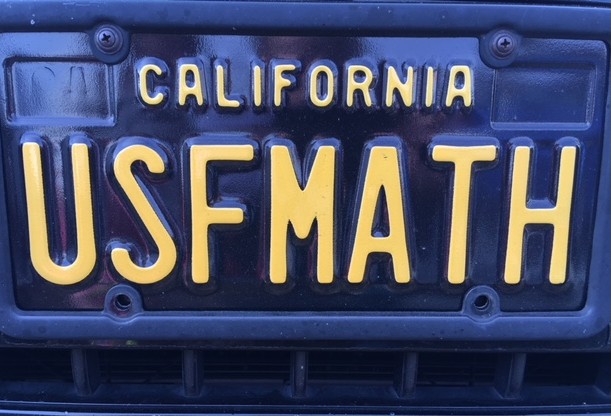Document Type
Article
Publication Date
2009
Abstract
We study the effects of degree-degree correlations on the success of cooperation in an evolutionary prisoner's dilemma played on a random network. When degree-degree correlations are not present, the standardized variance of the network's degree distribution has been shown to be an accurate analytical measure of network heterogeneity that can be used to predict the success of cooperation. In this paper, we use a local-mechanism interpretation of standardized variance to give a generalization to graphs with degree-degree correlations. Two distinct mechanisms are shown to influence cooperation levels on these types of networks. The first is an intrinsic measurement of base-line heterogeneity coming from the network's degree distribution. The second is the increase in heterogeneity coming from the degree-degree correlations present in the network. A strong linear relationship is found between these two parameters and the average cooperation level in an evolutionary prisoner's dilemma on a network.
DOI
10.1103/PhysRevE.80.026105
Recommended Citation
Devlin, S., Treloar, T. Cooperation in an evolutionary prisoner's dilemma on networks with degree-degree correlations. (2009) Physical Review E - Statistical, Nonlinear, and Soft Matter Physics, 80 (2), art. no. 026105. DOI: 10.1103/PhysRevE.80.026105




Comments
©2009 The American Physical Society
Available at: http://dx.doi.org/10.1103/PhysRevE.80.026105